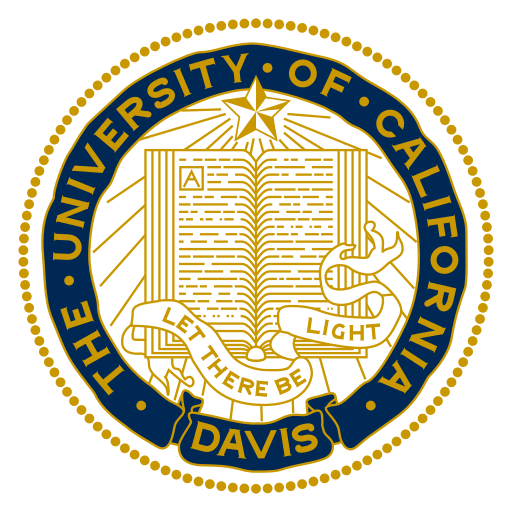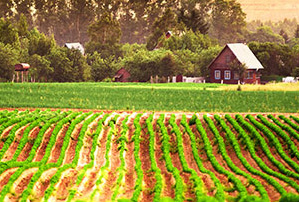Subjects from eight academic departments will give you a broad understanding of the many aspects of modern agriculture and food systems, and combine with real-world experiences to develop the skills needed to be a successful agriculturalist, entrepreneur and researcher.
Real World Outcomes:
A degree in Sustainable Agriculture and Food Systems prepares you for a broad range of careers related to agricultural production and food system management, rural and urban community services, education and development, as well as careers in agricultural, environmental, and economic policy and analysis. Employers range from non-profit organizations, state and federal agencies, nature preserves, community organizations and industry conglomerates.
Requirements:
The Sustainable Agriculture and Food Systems major offers three tracks of study: food and society, agriculture and ecology, and economics and policies. Students in the Agriculture and Ecology track will focus on crop and animal production systems, ecology, and practices that mitigate negative impacts while producing environmental and social benefits. Students in the Food and Society track will focus on issues related to the social, cultural, political and community development aspects of agriculture and food systems. Students in the Economics and Policy track will focus on issues related to agricultural and resource economics, policy and management.





University of California, Davis: Sustainable Agriculture and Food Systems (BS)
Let there be light